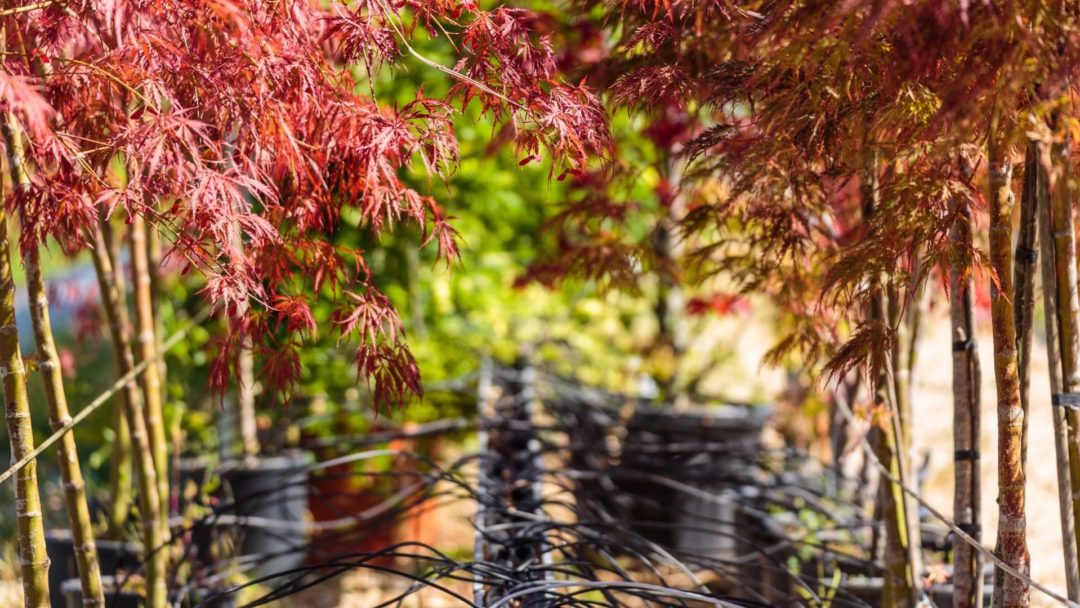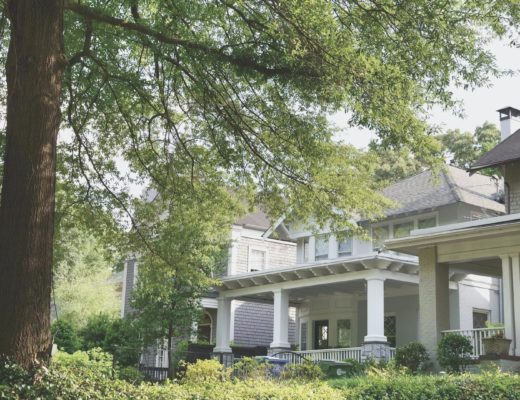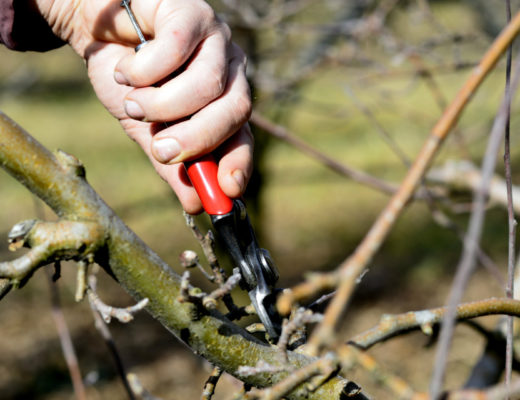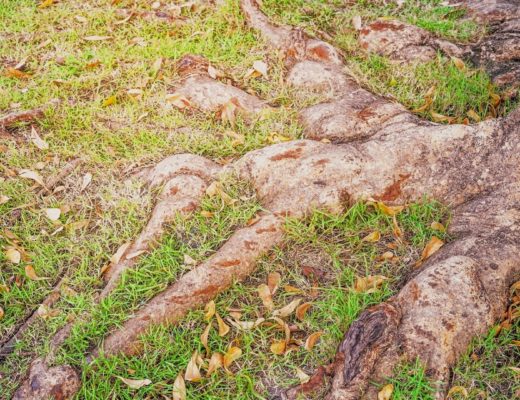Good tree care starts with a healthy tree. When shopping for trees at a nursery, there are numerous types of trees to choose from. Before buying a tree, there are three factors to consider: tree function, form and size, and site conditions. These factors will help you choose a tree that is appropriate for its planting location.
Tree Function
When choosing a tree, think about what purpose you would like the tree to serve. Are you adding a tree for beauty? Privacy? Windbreak? Shade? The type of tree you choose will be dependent on how you want it to function. If you’re planting to add beauty, a flowering tree is a great option. Evergreens work best when planting a windbreak or privacy fence and offer year-round color. A large deciduous tree will give shade, keeping your house cool in the summer and warm in the winter.
Form and Size
Selecting the right form and size of tree to complement the desired function can significantly reduce maintenance costs and increase the tree’s value in the landscape. It’s important to consider the size of the tree at the time of planting and its size at maturity. You want to plant the right tree in the right place to avoid damage to the tree and surrounding structures in the long-run. Planting a tree that is too large for its setting will do more harm than good.
Site Conditions
Several variables will impact the health of the tree once it’s planted. Consider the following factors the tree will be exposed to before planting, these conditions will impact the health of the tree.
- soil conditions
- exposure (sun and wind)
- drainage
- space constraints
- hardiness zone
- human activity
- insect and disease susceptibility
- power lines
Inspecting your tree before taking it home will help ensure the tree is off to a good start. Tree care begins even before planting. Remember these considerations on your next nursery trip and watch the video below to learn more.





Can I plant an hardy pecan tree in my location here in Michigan?
I have the opportunity to purchase a Weeping Vanilla Twist Redbud in pot. However, the tree is already 10 feet tall and not full. Is it normal to purchase this type of tree at this height?
Hi Trudy,
We can’t say if it’s normal, but this variety is for sale at many outlets in 10-gallon or larger containers. It should fill out over the next few years.
Hello,
Thank you in advance! Unfortunately, we recently had to cut down a sick almond tree that was near my mother’s bedroom on the west side of the house. The tree was probably 30 feet tall, 30 plus years old and provided great shade. Its roots never approached the very nearby patio or the house foundation, which was probably built around the old tree. The plot of land that the house was built on was an old almond orchard. She lives in Yuba City California which I believe places us in zone 9. We are looking to plant a somewhat fast-growing shade tree very near that same location that will not be messy with fruit to cleanup and keep insect/bee activity to a minimum. We need to ensure that it will not approach the house or the patio. I assume that having an almond tree there for that long probably made the soil acidic (would that be a correct assumption?). Can you please possibly make any good suggestions that we can research with these parameters? Again thank you for your time!
Hi Alex,
There could be many trees from which to choose for such a location. Look through your options at: https://selectree.calpoly.edu/search-trees-by-characteristics/. To know if your soil pH, send a soil sample to a local lab: http://ccmg.ucanr.edu/files/51308.pdf.
Thanks for these tips on how to find a good tree at a nursery. It would make sense to consider what the function will be before you choose it. My husband and I are looking for a nursery to buy our trees from, so we’ll have to consider the function first.